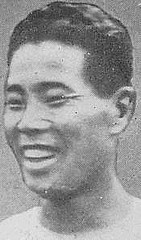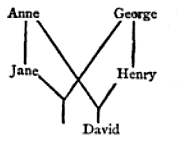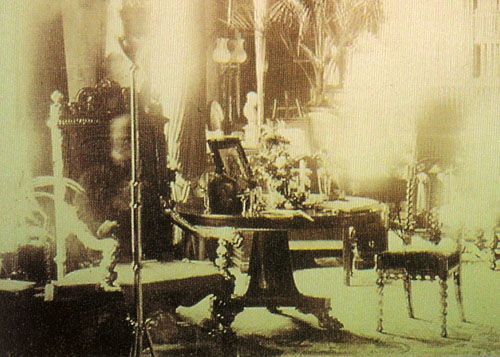
Shizo Kanakuri disappeared while running the marathon in the 1912 Summer Olympics in Stockholm. He was listed as a missing person in Sweden for 50 years — until a journalist found him living quietly in southern Japan.
Overcome with heat during the race, he had stopped at a garden party to drink orange juice, stayed for an hour, then took a train to a hotel and sailed home the next day, too ashamed to tell anyone he was leaving.
There’s a happy ending: In 1966 Kanakuri accepted an invitation to return to Stockholm and complete his run. His final time was 54 years, 8 months, 6 days, 8 hours, 32 minutes and 20.3 seconds — surely a record that will last forever.




